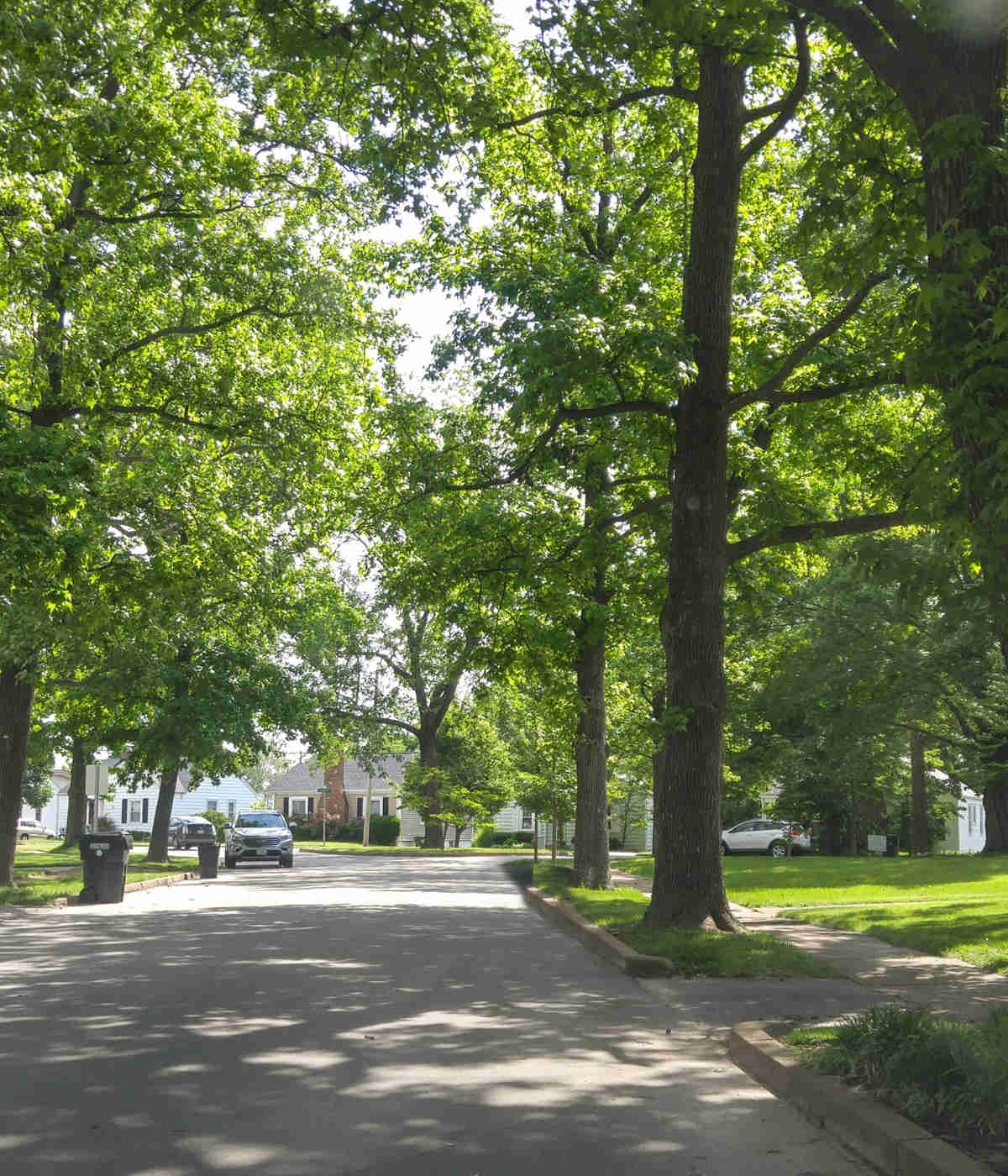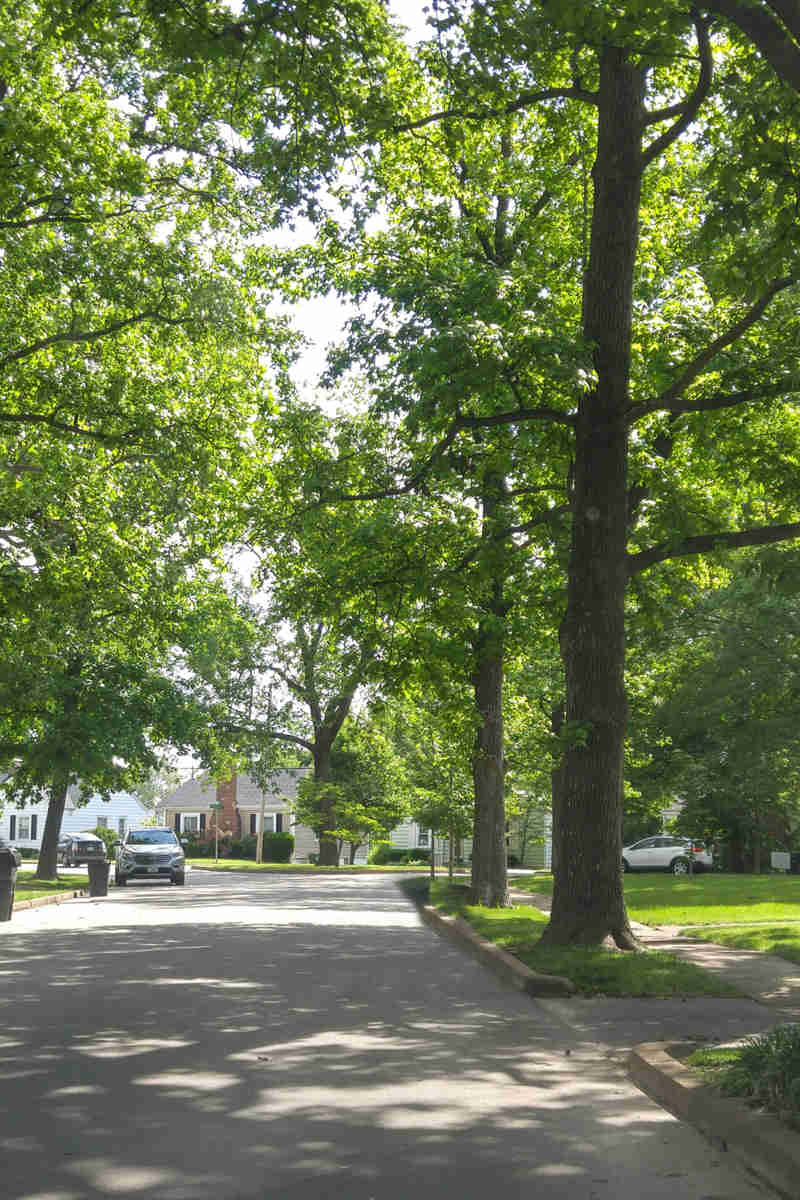With summer in full swing, the dry season has officially started in most areas of the country. Heat and dry air can cause your plants, turf, and trees to become susceptible to drought, disease, and pests. Ensuring the best irrigation practices on your commercial property allows your green space to thrive during these warm temperatures.
Understanding why proper irrigation is important for commercial landscapes can make a significant impact on the health of your plants and trees. Too little water can cause trees and plants to wilt and die, but too much water can cause equally destructive complications. The key to effectively managing and conserving water is understanding the ecological connection between plants, soil, and water.
Healthy, nutrient-rich soil provides everything a plant needs to thrive, but soil requires the right amount of moisture on a regular basis to make this happen. Proper irrigation ensures your green assets are watered only as much as they need, which encourages healthy soil conditions while reducing consumption and cost.
Three Tips for Watering on a Commercial Property
- Perform Water Management and Irrigation Systems Audits – The first step to improving water management on your property is to conduct a water management audit. Water management and irrigation audits can provide insight into the total plant/soil/water balance on your commercial site, determining how soil infiltration rates, hydro-zones, and precipitation rates can affect your plant life. Irrigation audits identify system or site problems, such as leaks, pressure issues, dysfunctional components, and poor soil or water quality. Armed with this information, you can develop a strategy to improve water usage and irrigation system efficiency.
- Consider Sustainable Stormwater Solutions – Bioswales, rain gardens, and other green infrastructure helps reduce the strain on your irrigation system by slowing down stormwater runoff and removing pollutants like chemicals, debris, and sediment, by allowing rainwater to infiltrate the soil naturally – therefore reducing the need for additional irrigation. Another option is xeriscaping, which describes a landscape that strategically places plants and terrain in areas where they can reduce the need for excessive amounts of supplemental water.
- Plant the Right Plant in the Right Place – Picking the best trees and plants for your commercial property can help the long-term aesthetics, management, and overall cost savings of your green space. Considering your unique landscape attributes, such as average temperature highs and lows, average rainfall, soil conditions, and your region’s plant hardiness zone, and choosing plants that are tolerant to those attributes can reduce the need for frequent watering.
Becoming Water-Wise
Knowing how to save and conserve water can help your commercial property withstand the rigors of a hot, dry summer without overconsuming water and spiking maintenance costs. Davey’s experts can help you be water-wise by helping you find the irrigation solution that best suits your needs.



